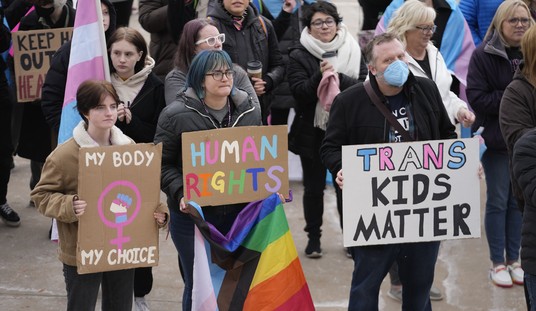My father’s life expectancy at birth was 48 years. He survived to be 83, and he was by several years younger at his death than his brothers and sister at their deaths. He and they lived through what has been called “the demographic transition,” from low life expectancies to high.
A recent paper in the Lancet charts the worldwide evolution of life expectancy between 1970 and 2010. Life expectancy has fallen in only 4 of the 187 countries with populations of 50,000 or more, the four being Zimbabwe, Lesotho, Ukraine, and Belarus. In the first two, AIDS was the cause; in the second two, alcohol.
Worldwide life expectancy between 1970 and 2010 rose at a rate of 3-4 years per decade, except for the 1990s, when the rate of improvement was considerably lower. In Asia and Latin America, the average age at death rose by 1 year every 2 years, a startling rate of improvement. But the greatest improvement in recent years has been in sub-Saharan Africa: life expectancy in Angola, Ethiopia, Niger, and Rwanda has increased by 10–15 years since 1990.
According to the authors, two medical interventions account for this: first the availability of anti-retroviral drugs to treat AIDS, and second the availability of both insecticide-treated mosquito nets and artemisin-combination treatment regimes for malaria.
Of course, it is easier to produce dramatic improvements starting from a low base; where infant mortality rates are high, it is relatively easy to extend life expectancy. And in fact the worldwide death rate of children under the age of 9 has fallen by nearly two thirds since 1970. This is in complete contradiction to the gloomy prognostications of that time, when many so-called savants predicted perpetual mass famine. If freedom from mortal disease is part of the good life, the world has been improving at an unprecedented rate. In 1970, 50 percent of males born could expect to live to 65 years; by 2010, 50 percent could expect to live to 73. The figures for females were 70 and 79, respectively. Men can expect to live longest in Switzerland, Australia Sweden, Iceland, and Israel; women in Japan, France, Iceland, Spain, and Switzerland. Women in Japan have the longest life expectancy of all: over 85 years.
The paper makes clear – implicitly, not explicitly – that some inequalities are more unequal than others. Throughout the 40 years under consideration, the health, or at any rate the life expectancy, of women has improved faster than that of men. The gap between the sexes in life expectancy widened from 4.8 to 5.7 years. The decline in death rates between 1970 and 2010 was lowest for males between the ages of 20 and 39, only 19.7 percent. The main reason for this relatively low rate of decline, according to the authors, was the propensity of young men to have fatal accidents, partly no doubt because of their occupations, but also because of their risk-taking behavior.
At the Women’s Conference in Peking some years ago, I heard a British government minister demand complete equality between the sexes in everything. Did this mean we should be trying to reduce the number of fatal accidents among men, or increase the number among women? From the purely egalitarian point of view, it would not matter which. From the Rawlsian point of view, I suppose, the improvements of the last forty years represent a deterioration, since the position of the worst off (males) has worsened by comparison with that of the best off (women): that is, if a longer life is better than a shorter one.
*****
Images courtesy shutterstock / Henrik Larsson / Lyudmyla Kharlamova
Related at PJ Lifestyle from Dr. Dalrymple:











Join the conversation as a VIP Member